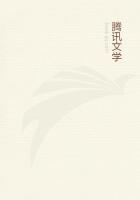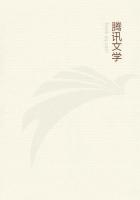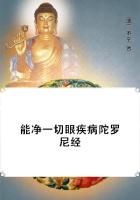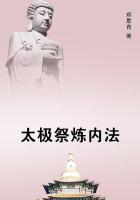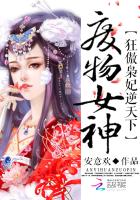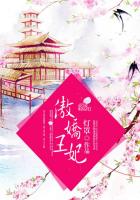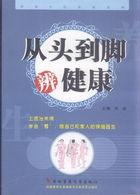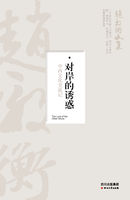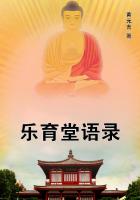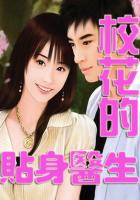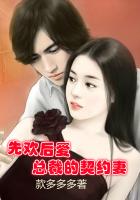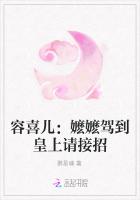The most remarkable circumstance connected with these principles is that they seem to be transcendental, and, although only containing ideas for the guidance of the empirical exercise of reason, and although this empirical employment stands to these ideas in an asymptotic relation alone (to use a mathematical term), that is, continually approximate, without ever being able to attain to them, they possess, notwithstanding, as a priori synthetical propositions, objective though undetermined validity, and are available as rules for possible experience.In the elaboration of our experience, they may also be employed with great advantage, as heuristic* principles.Atranscendental deduction of them cannot be made; such a deduction being always impossible in the case of ideas, as has been already shown.
*From the Greek, eurhioko.
We distinguished, in the Transcendental Analytic, the dynamical principles of the understanding, which are regulative principles of intuition, from the mathematical, which are constitutive principles of intuition.These dynamical laws are, however, constitutive in relation to experience, inasmuch as they render the conceptions without which experience could not exist possible a priori.But the principles of pure reason cannot be constitutive even in regard to empirical conceptions, because no sensuous schema corresponding to them can be discovered, and they cannot therefore have an object in concreto.Now, if I grant that they cannot be employed in the sphere of experience, as constitutive principles, how shall I secure for them employment and objective validity as regulative principles, and in what way can they be so employed?
The understanding is the object of reason, as sensibility is the object of the understanding.The production of systematic unity in all the empirical operations of the understanding is the proper occupation of reason; just as it is the business of the understanding to connect the various content of phenomena by means of conceptions, and subject them to empirical laws.But the operations of the understanding are, without the schemata of sensibility, undetermined; and, in the same manner, the unity of reason is perfectly undetermined as regards the conditions under which, and the extent to which, the understanding ought to carry the systematic connection of its conceptions.But, although it is impossible to discover in intuition a schema for the complete systematic unity of all the conceptions of the understanding, there must be some analogon of this schema.This analogon is the idea of the maximum of the division and the connection of our cognition in one principle.For we may have a determinate notion of a maximum and an absolutely perfect, all the restrictive conditions which are connected with an indeterminate and various content having been abstracted.Thus the idea of reason is analogous with a sensuous schema, with this difference, that the application of the categories to the schema of reason does not present a cognition of any object (as is the case with the application of the categories to sensuous schemata), but merely provides us with a rule or principle for the systematic unity of the exercise of the understanding.Now, as every principle which imposes upon the exercise of the understanding a priori compliance with the rule of systematic unity also relates, although only in an indirect manner, to an object of experience, the principles of pure reason will also possess objective reality and validity in relation to experience.
But they will not aim at determining our knowledge in regard to any empirical object; they will merely indicate the procedure, following which the empirical and determinate exercise of the understanding may be in complete harmony and connection with itself- a result which is produced by its being brought into harmony with the principle of systematic unity, so far as that is possible, and deduced from it.
I term all subjective principles, which are not derived from observation of the constitution of an object, but from the interest which Reason has in producing a certain completeness in her cognition of that object, maxims of reason.Thus there are maxims of speculative reason, which are based solely upon its speculative interest, although they appear to be objective principles.
When principles which are really regulative are regarded as constitutive, and employed as objective principles, contradictions must arise; but if they are considered as mere maxims, there is no room for contradictions of any kind, as they then merely indicate the different interests of reason, which occasion differences in the mode of thought.In effect, Reason has only one single interest, and the seeming contradiction existing between her maxims merely indicates a difference in, and a reciprocal limitation of, the methods by which this interest is satisfied.
This reasoner has at heart the interest of diversity- in accordance with the principle of specification; another, the interest of unity- in accordance with the principle of aggregation.

